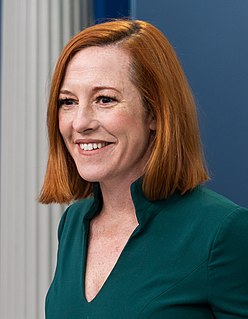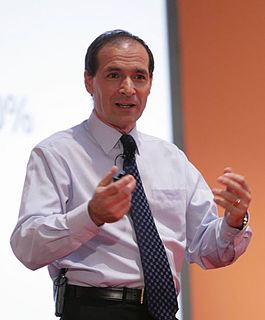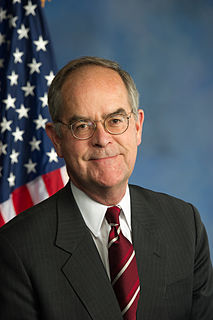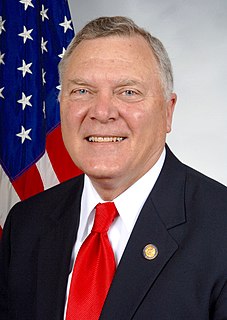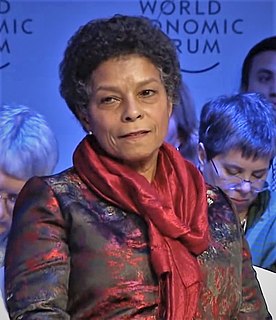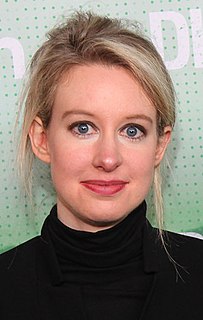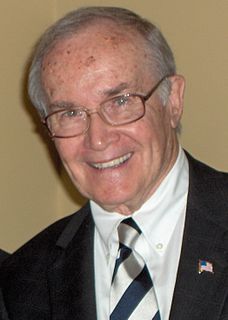A Quote by Jen Psaki
I think it's pretty clear when you make a choice that's against all public health information and data out there, that it's not based on what is in the interests of the people you are governing. It is perhaps in the interest of your own politics.
Related Quotes
But what I would say to my successor is that it is important not just to shoot but to aim. And it is important, in this seat, to make sure that you're making your best judgments based on data, intelligence, the information that's coming from your commanders and folks on the ground and you're not being swayed by politics.
There is no self-interest completely unrelated to others' interests. Due to the fundamental interconnectedness which lies at the heart of reality, your interest is also my interest. From this it becomes clear that "my" interest and "your" interest are intimately connected. In a deep sense, they converge.
We also use our imagination and take shortcuts to fill gaps in patterns of nonvisual data. As with visual input, we draw conclusions and make judgments based on uncertain and incomplete information, and we conclude, when we are done analyzing the patterns, that out picture is clear and accurate. But is it?
Data isn't information. ... Information, unlike data, is useful. While there's a gulf between data and information, there's a wide ocean between information and knowledge. What turns the gears in our brains isn't information, but ideas, inventions, and inspiration. Knowledge-not information-implies understanding. And beyond knowledge lies what we should be seeking: wisdom.
It's for scientists to lay out the data and lay out what they think, and then it's for the public to make up its own mind. We don't live in a priesthood where some small group imposes its views on other people - that's not the way that science works, and it's not the way a democratic society should work.
